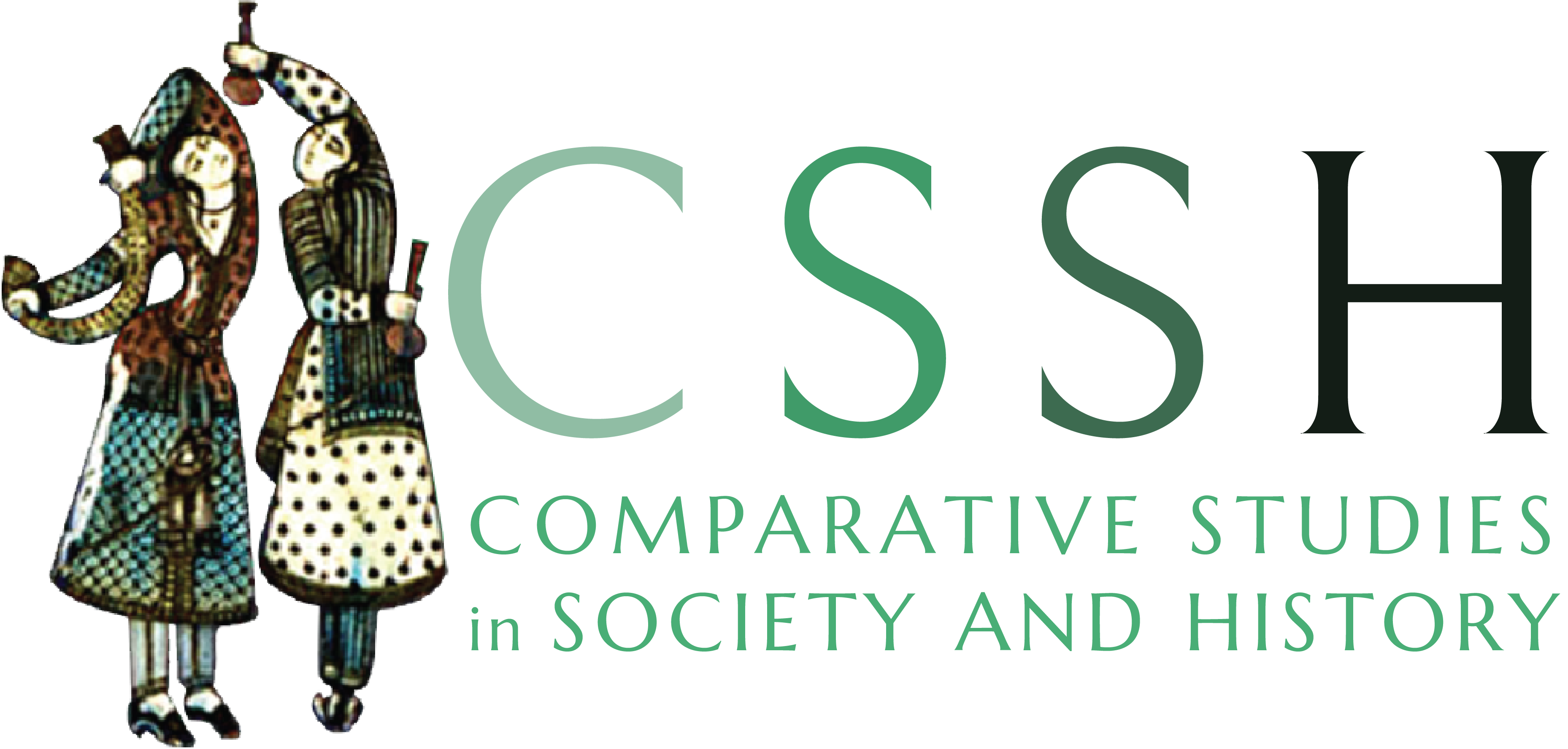CSSH congratulates our very own, journal co-editor Geneviève Zubrzycki (“Nationalism, “Philosemitism,” and Symbolic Boundary-Making in Contemporary Poland” (58-1, 2016)), whose latest book Resurrecting the Jew: Nationalism, Philosemitism, and Poland’s Jewish Revival (Princeton University Press, 2022) has recently won the 2023 Wayne S. Vucinich Book Prize! The prize “is awarded annually for the most important contribution to Russian, Eurasian, and East European studies in any discipline of the humanities or social sciences published in English in the United States in the previous calendar year.” The award committee had the following to say about the book:
Geneviève Zubrzycki’s Resurrecting the Jew is a superb study of how, in 21st-century Poland, numerous Poles have embraced emblems of Jewish identity in an attempt to reinvigorate the previously significant but now virtually non-existent community of Polish Jews. This revival is simply astounding considering the events of the Holocaust in Poland, where millions of Jews perished. The book examines how and why so many Polish left-leaning intellectuals, artists, politicians, activists, and ordinary citizens— who contest the monolithic ethnoreligious Polish-Catholic identity that prevails in society—have sought, since the early 2000s, to stage a massive Jewish revitalization.
Basing her work on ten years of fieldwork throughout Poland and embedding her findings in rich theoretical readings, Zubrzycki explores what she calls an “almost unimaginable” phenomenon: numerous Poles who regularly commemorate, celebrate, and appropriate Jewish culture, displaying a passion “for all things Jewish” (Klezmer, Jewish restaurants, kosher vodka, festivals, memorials, museums, Jewish and Holocaust Studies programs in universities, etc.). It is an intriguing tale, meticulously examined from all sides: from the paradox of this revival in a society that lacks Jews, to questions of nostalgia and “romantic philosemitism” as many Poles seek to reconcile a bitter past and recover a Jewish community long lost through violent and almost total obliteration, to an imagined future of multiculturalism.
Zubrzycki persuasively demonstrates that for those who espouse the Jewish revival, it serves to subvert the purported homogeneity of an “ethno-Catholic” Poland. The revival is also a response to the Polish government’s current stance on the Holocaust: that Poles bear no blame for the destruction of the Jewish community there. Moreover, resurrecting a conspicuous Jewish presence fosters a “cosmopolitan” Poland of civic nationalism and a rich tradition of toleration and civic activism. Yet, as she argues, this project is risky for both Poles and Jews. Easy redemption for ethno-Catholic Poles is not possible via a simple appropriation of Jewishness, while an essentializing of the internal “Other” merely reproduces the very “Othering” that was at the root of the brutal and tragic history of Jews in 20th-century Poland. Resurrecting the Jew relates a profound and powerful story—one that offers deep insights into Poland’s ongoing struggle over “its collective memory and identity” (193). It simultaneously exposes and transcends the Polish experience and sheds new light on the nature of symbolic boundaries of ethnic, religious, and national identity and how and why they are navigated and reimagined.


